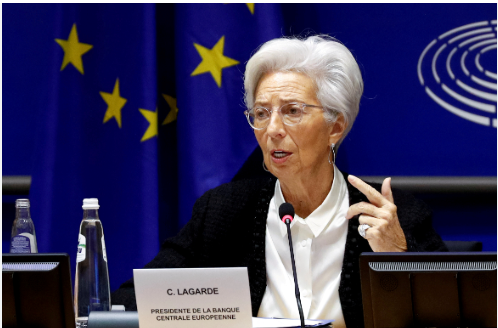By Joke Kujenya
TENSIONS BETWEEN the United States and Russia reached a boiling point as President Donald Trump threatened to impose secondary tariffs of up to 50% on countries purchasing Russian oil, should Moscow continue to resist a ceasefire agreement in Ukraine.
The remarks came after Russian President Vladimir Putin expressed doubts about Ukrainian President Volodymyr Zelenskyy’s legitimacy as a negotiating partner, prompting a strong response from Trump.
The proposed tariffs would primarily target nations like China and India, who have become major buyers of discounted Russian oil since the start of the Ukraine conflict.
If enforced, these tariffs could have significant consequences for the global oil market and further escalate the ongoing geopolitical conflict.
Although Trump’s comments initially caused a stir, the US President appeared to temper his rhetoric later, suggesting some leeway in negotiations with Russia.
Despite this, Trump maintained pressure on Ukraine to agree to a deal granting the US access to critical resources within the country, underscoring his continued push for a resolution to the conflict that favours American interests.
However, the potential tariffs have sent ripples through global markets, with analysts warning that while the situation remains fluid, any direct sanctions on Russian oil exports would undoubtedly impact prices and fuel inflationary pressures worldwide.
Meanwhile, European Central Bank President Christine Lagarde called for a unified European response to the looming implementation of US tariffs, scheduled to take effect on April 2.

Speaking on France Inter radio, Lagarde framed the situation as an opportunity for Europe to begin asserting greater independence from the United States in global trade.
With the US set to impose levies on a range of goods, including aluminium, steel, and automobiles, Lagarde expressed concern over the potential economic repercussions, estimating a 0.3 percentage point reduction in Europe’s growth for the first year.
Should Europe respond with reciprocal measures, the impact could be even more severe, with a 0.5 percentage point decline in growth expected.
In the interview, Lagarde described the upcoming tariff actions as a “moment for our Europe,” calling it a pivotal step towards reclaiming control over the continent’s economic future.
She stressed that the situation presented a unique opportunity for European nations to decide how they want to manage their destiny amidst rising tensions with the US.





